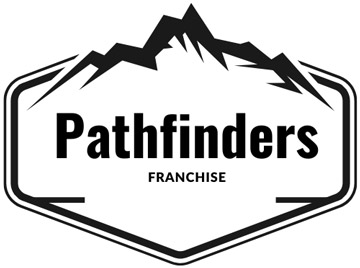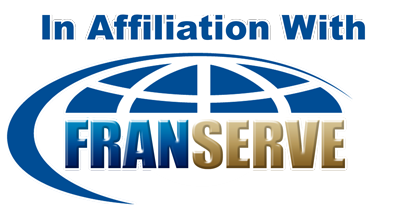Do your Due Diligence

Doing Your Homework: How to Conduct Due Diligence When Choosing the Right Franchise
Investing in a franchise is a major decision—one that can shape your financial future, lifestyle, and long-term goals. While the idea of joining a proven brand is appealing, not every franchise is created equal. This is where due diligence comes in. It’s your opportunity to dig beneath the surface, ask the right questions, and uncover the real story behind the franchise opportunity.
Whether you’re new to franchising or exploring multiple options, conducting proper due diligence helps you avoid costly mistakes and find a business that truly fits your goals.
What Is Due Diligence?
Due diligence is the process of thoroughly researching and evaluating a franchise before you commit to purchasing it. Think of it as your personal investigation into the business model, financials, leadership, and track record of the franchisor—and it’s essential to making an informed, confident decision.
Key Steps in the Franchise Due Diligence Process
1. Review the Franchise Disclosure Document (FDD)
- The FDD is your primary resource. Required by law, this document lays out everything from franchise fees to legal history. Pay close attention to:
- Item 7: Initial investment breakdown
- Item 19: Financial performance representations (if provided)
- Item 20: System growth and turnover rate
- Litigation history: Any lawsuits or disputes involving the franchisor
- Franchisee obligations and restrictions
Tip: Have a franchise attorney or advisor review the FDD with you. They can spot red flags and help translate the legal language.
2. Talk to Existing Franchisees
No one has better insight than the people already in the system. Reach out to a mix of franchisees—top performers, average earners, and even those who have left the system. Ask about:
- Their day-to-day operations
- Time to break even and overall ROI
- Support from the franchisor
- Challenges they’ve faced
- Whether they would invest again
Franchisees can provide unfiltered perspectives that go far beyond the brochure.
3. Assess the Franchisor’s Support and Training
A solid support system can make or break your early success. During your due diligence, evaluate:
- Onboarding and training programs
- Marketing support and national advertising
- Technology and systems
- Ongoing coaching or field support
Ask yourself: Does the franchisor provide a roadmap for success, or are you largely on your own once the deal is signed?
4. Evaluate the Market and Competition
Even the best franchise won’t thrive in the wrong location or market. Do a local market analysis:
- Is there demand for the product or service?
- Who are the local competitors?
- How saturated is the franchise in your target area?
- Are there territories available that offer growth potential?
- Real estate and demographic insights can be valuable here—especially if your business depends on foot traffic or neighborhood trends.
5. Understand the Financials
You’re not just buying into a brand—you’re making a financial investment. Project your expenses and potential earnings based on conservative, realistic data. Consider:
- Upfront and ongoing fees
- Royalties and marketing contributions
- Breakeven timeline
- Estimated ROI
- Cash flow projections
Consult with a financial advisor or accountant who understands franchising to build a business model that matches your financial goals.
6. Research the Brand’s Reputation and Track Record
- Public perception matters. Look into:
- Online reviews (from customers and franchisees)
- Press coverage
- Awards and rankings (e.g., Entrepreneur Franchise 500)
- History of lawsuits or bankruptcies
A franchise with a solid reputation, a positive franchisee network, and a commitment to innovation will typically be a safer long-term bet.
Final Thoughts
Due diligence isn’t about finding a “perfect” franchise—because that doesn’t exist. It’s about finding the right one for you: your lifestyle, your budget, your skills, and your long-term vision.
Taking the time to do your homework can protect your investment, reduce stress, and set you up for success from day one. Don’t rush the process, and don’t be afraid to ask hard questions. A reputable franchisor will welcome your curiosity—because they’re looking for great partners just as much as you’re looking for a great opportunity.
Remember: In franchising, knowledge isn’t just power—it’s profitability.
Book a time to chat with Jim about franchising: https://calendly.com/franchisesearch
4/11/2025


